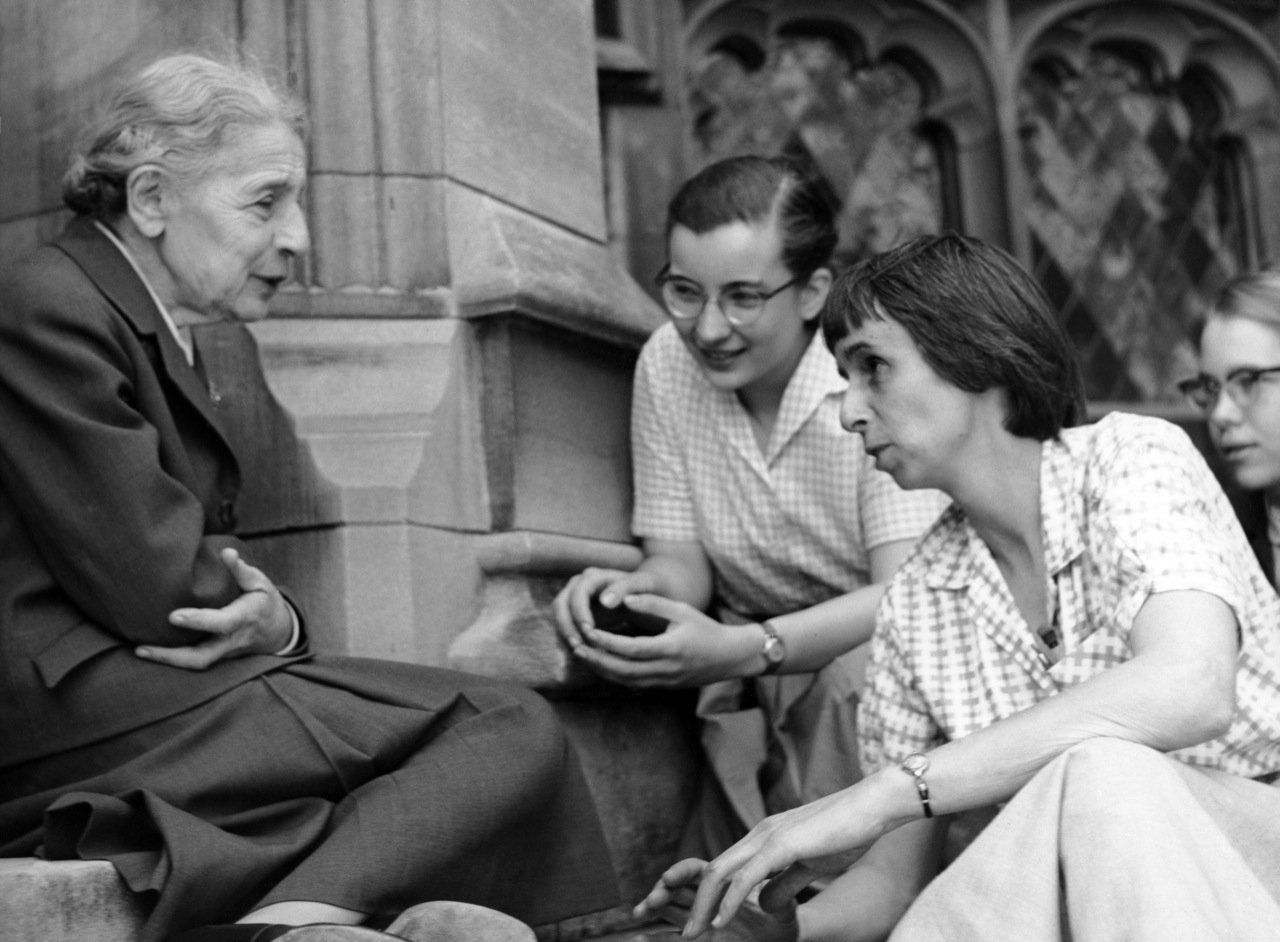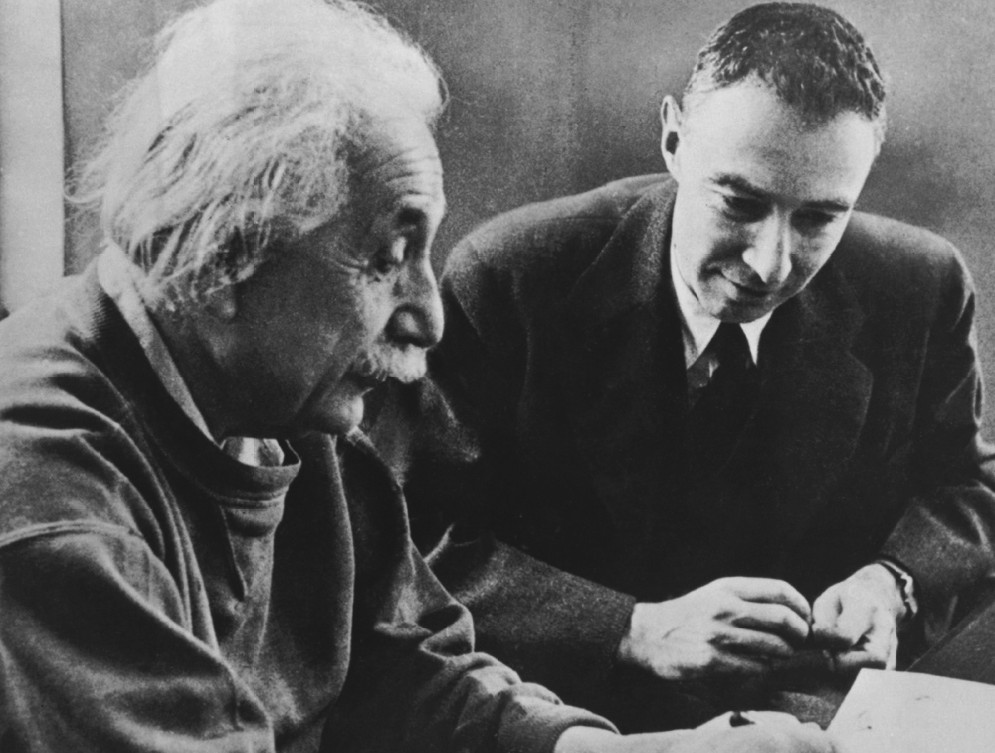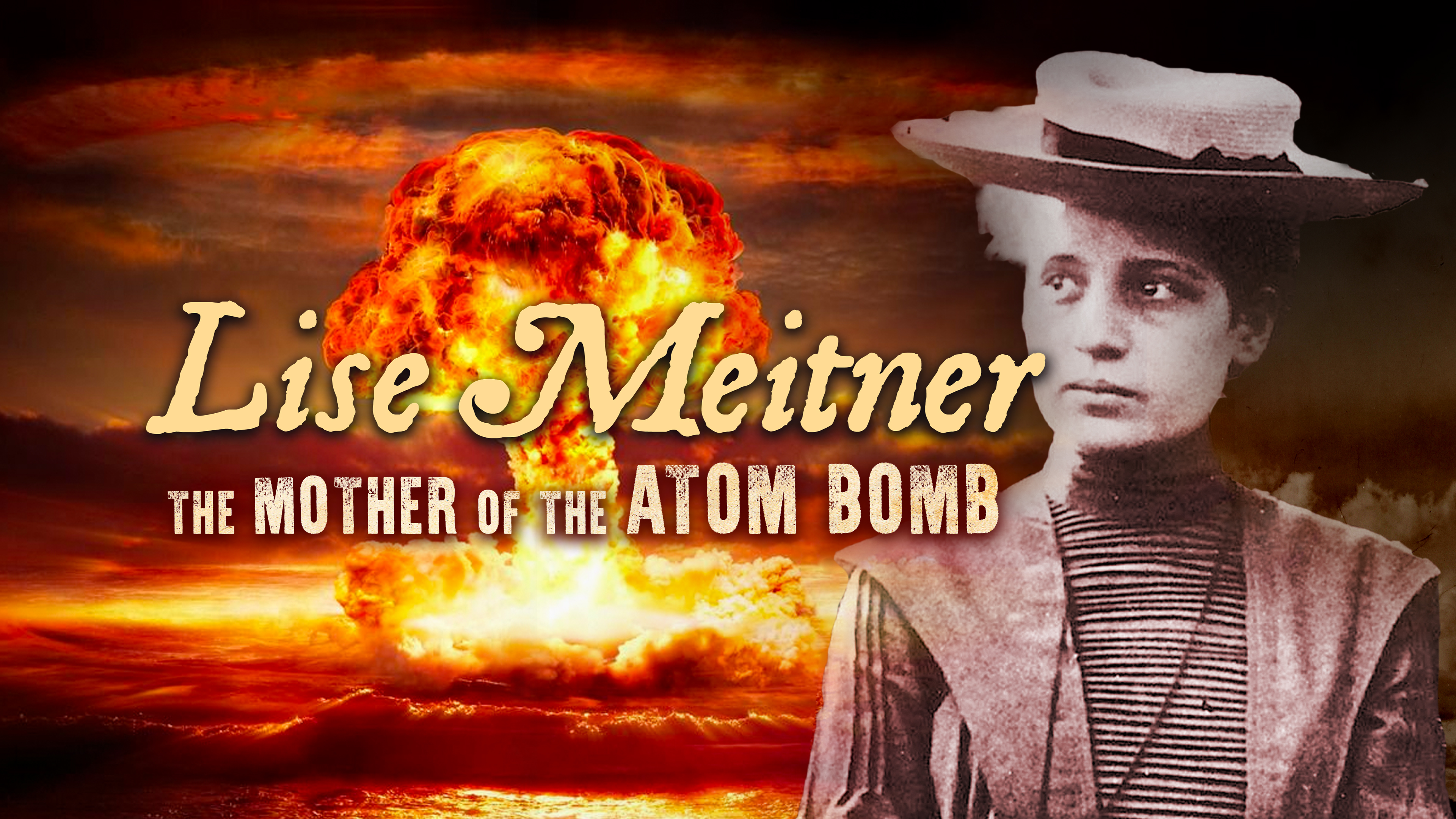Scientists J. Robert Oppenheimer and Lise Meitner both contributed to the development of atomic power. They also shared a concern about the consequences of using it in warfare.
◊
Director Christopher Nolan’s film Oppenheimer attracted audiences worldwide to its story of the conflicted genius of its title, J. Robert Oppenheimer. Oppenheimer’s scientific work both paved the way for the creation of the first atomic bomb and tortured him as he acutely realized the great destructive power of the force he helped to unleash.
But Oppenheimer was not the only nuclear scientist who was split to the core by both hopes and fears surrounding the potential of atomic power. Another scientist, Lise Meitner, thought deeply about the implications of her own discovery, in 1938, of nuclear fission, a groundbreaking achievement that was the basis for nuclear energy and atomic weapons.
For more on Lise Meitner, check out Lise Meitner: The Mother of the Atom Bomb on MagellanTV.
Meitner was an Austrian physicist whose work in conjunction with chemists Otto Hahn and Fritz Strassmann inspired the later experiments and theoretical work that led to controlled nuclear chain reactions and the atomic bomb.
Oppenheimer, as is generally well known by now, was a theoretical physicist often referred to as the “father of the atomic bomb.” He played a crucial role in the Manhattan Project, the top-secret research and development program during World War II that produced the first atomic bombs. His leadership and theoretical insights were critical in bringing together the community of scientists who designed the first atomic bomb.

Lise Meitner (l.), speaking with students at Bard College, 1959. (Source: Nuclear Regulatory Commission, via Wikimedia Commons)
Meitner and Oppenheimer shared serious concerns about the use and potential implications of atomic power. Meitner was deeply troubled by the prospect of the development of atomic weapons. She believed that science should be used for the betterment of humanity, not for destruction. Meitner saw the bomb as a threat to humanity’s survival and stressed the importance of international cooperation to control nuclear technology.
Oppenheimer recognized the immense potential for catastrophic consequences if atomic weapons were used indiscriminately. He was profoundly aware of the unprecedented power of such weapons and the moral dilemma they presented. His leadership of the Manhattan Project was the source of lifelong self-examination and feelings of guilt, as he had contributed substantially to the creation of weapons capable of destroying life on Earth. Given the stakes for humanity, he believed that scientists and government policymakers shared a solemn responsibility to control the bomb and its further development.
Lise Meitner actively campaigned against the use of nuclear weapons, advocating instead for the peaceful applications of atomic science. She enjoyed a long and distinguished career as a physicist and professor, earning honors and awards from institutions throughout Europe and the United States.

Oppenheimer (r.), with Albert Einstein (Source: U.S. Govt. Defense Threat Reduction Agency, Public Domain, via Wikimedia Commons)
After the war, J. Robert Oppenheimer promoted civilian control of atomic energy and lobbied for international cooperation in arms control. He played a significant part in shaping the development of American nuclear policy and had a role in establishing the U.S. Atomic Energy Commission, advocating for controls on the use of these new weapons. Sadly, he was blacklisted for his position on nuclear proliferation and was hounded till his death by unfounded suspicions that he was a Communist sympathizer.
Meitner and Oppenheimer shared sincere concerns about the devastating power of the atomic bomb. Their perspectives contributed to the ongoing dialogue surrounding the responsible use of nuclear energy and the importance of preventing nuclear catastrophe.
Ω
Title image: The Baker explosion at Bikini Atoll, Micronesia, on July 25, 1946 (modified by F1jmm) (Source: United States Department of Defense, Public Domain, via Wikimedia Commons)


